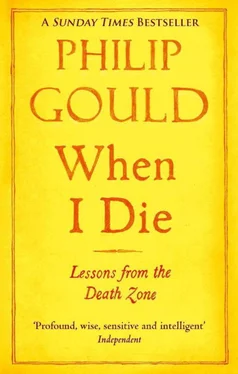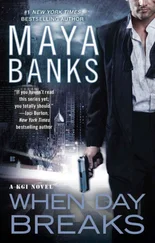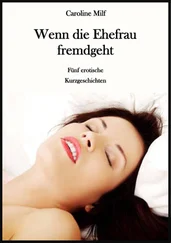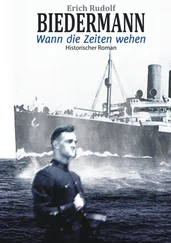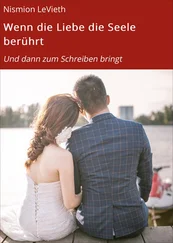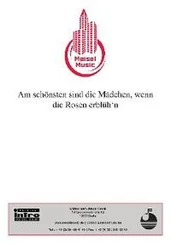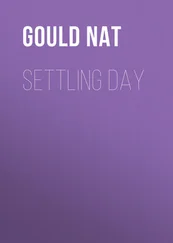‘Yes.’
And suddenly the ground disappeared from beneath our feet.
We had been discussing that Sunday whether Dad would be with us at Christmas and had been making plans for the next few weeks. None of us had thought it could be so quick.
Least of all Dad. There was so much he still wanted to do. I could almost see him running through the list in his mind – the people he wanted to see, the book he planned to finish. His breathing was getting faster and faster as the panic began to set in.
The doctor told us later that Dad’s shortness of breath when he walked into his appointment that morning would have hospitalised most people and it was starting to hit him now. Dad told Mum to go and call Professor Cunningham. His voice was strained and I remember frantically trying to find the number, my brain suddenly no longer really connected to my body.
Professor Cunningham told Mum he had seen the scan and that the situation was bad. Get the girls in, he advised, it could be tonight. When Mum left the room Dad said he could feel that he was dying, that he did not have long left.
I could see him trying to control his panic, trying to keep calm, but he could not quite get a hold on himself. He had said to all of us, and especially to Mum, that his greatest fear of dying from oesophageal cancer was not being able to breathe. He had always had a fear of tight spaces, of drowning – he hated the idea of gasping for breath. He associated breathlessness with the rattle of his father’s chest on his deathbed. And at that awful moment it seemed he might get the death he feared rather than the one he wanted.
Dr Craig Carr, the head of the Marsden’s intensive care unit, came to talk to us. He was one of those doctors who exudes reassurance and calm and we began to refer to him privately as Smiling Buddha. He repeated that the situation was serious and the infection was very far advanced.
He gave us three options. The first was to do nothing, which would almost certainly mean Dad would not last the night. The second was to support Dad’s breathing through an oxygen helmet while they tried to control the infection. Finally, they could make an intervention and put him on a life-support machine, but the chances of him ever coming out of it were very slim.
Dad was slightly calmer now, given some control of his own destiny. He was very clear that he did not want the third option. He did want to live, but not at any cost. He said to Dr Carr that he was going to die anyway and he did not want it to be in terrible pain and discomfort.
Dr Carr left saying he would prepare intensive care and someone would be up to transport Dad shortly. Mum had texted my sister: Get here, now. Grace was already on her way and arrived shortly afterwards, face strained, not wanting to ask too many questions. She later told me she could feel the tension and fear in the room, that it was oppressive.
Dad asked to have a moment alone with each of us. Grace said she kept telling him not to be scared. He told her he was not, but his eyes betrayed him. I told him that he had done enough, written enough; we could take it from here. I tried to let him know how much I loved him but could not find the right words.
I did not want it to be like this. I was not ready. He was not ready. I had so much to say to him, I wanted so much to give voice to the overwhelming strength of my love for him. I wanted to leave nothing unsaid. But this was all too rushed, too brief, and it left me feeling desperate for just a little more time.
The team came up to wheel him down and we took the stairs to wait in the little family room. Grace made us all hot chocolate. None of us said very much.
The nurse eventually called us in to see him. He was lying on a bed in the middle of a small room underneath a canopy of medical equipment. They had put the helmet on him, a clear bag made from thick plastic. It was hooked up to an oxygen machine that was building pressure around his head to aid his breathing.
He looked like something from a comic book. We all laughed and it broke some of the tension. Somehow it seemed appropriate that Dad, who was always so irreverent and could bring humour to any situation, would end up within this rather comical medical invention. There was a little flap that could be opened to give him water or wipe his face, but the helmet stayed on the whole time.
The room was one of a row of private rooms reserved for patients with infections or at risk of an infection. It was a very plain, clinical space – a sink, a couple of chairs, two small windows at the back. Dad faced away from these. There were two screens monitoring his vital signs, one above his bed and one, more detailed, that the nurse watched continuously. So much about this room was reassuring: the constant presence of a nurse, the tubes and wires connecting him to the drugs he needed.
After seeing Dad sitting scared and breathless with no support, intensive care represented security. His breathing settled and about midnight Dr Carr came in and said Dad would definitely live through the night. And he was himself again; as his breathing calmed, so did he.
Dad was now very keen that Mum should get some sleep. She had been up all night with him for the last few days. But I felt he did not want to be on his own, so I said I would stay at the hospital. I could tell Mum and Grace did not want to leave but I pushed them out, saying I would sleep in and they could come first thing.
So I sat with Dad. We looked up the latest polls on the RealClearPolitics website, and debated the fight for the Republican nomination as we had done a million times before.
I put on an episode of CSI , the programme he often watched late at night to help shut out the pain. The rest of us really hated it. I have the clearest memory of him getting me to adjust the television, worried that I could not see it properly. Grace later said he did the same with her when she stayed. That little gesture was so typical – despite his pain and discomfort, everything he had been through, it still really mattered to him that I should be able to see the programme properly.
Eventually, in the early hours, he said he wanted to try to sleep. I booked a taxi and cried the whole way home.
Wednesday, 2 November
Mum wanted a bit of time alone with Dad to talk things through so I slept for a couple of hours, until about seven. I woke up with a flashback to the panic of the night before, and called the hospital immediately to check Dad was OK. I was reassured to hear from the nurse that he was feeling fine. Grace and I went in for about eight, picking up breakfast – porridge and coffee – for Mum on the way.
We brought with us some things Dad wanted: his books on dying, his cancer articles, his laptop. Thus began an endless stream of requests from him, made and then instantly forgotten, so the room was full of his jumbled possessions. And somehow this sterile hospital environment became our space. We came and went as we pleased, no one ever asked us to leave and there were no visiting hours. The medical team made us feel part of the hospital. It is strange how quickly you can adjust to a new way of being. This little room became our family home, the new rituals and routines providing a strange sense of comfort and normality.
The medical situation too had become more stable. Dr Carr said Dad would definitely be with us for the next three to five days and we would know by the weekend if the infection was going to turn. If it did, it could still be weeks. Dad asked: ‘Can you guarantee me I’ll be here in a week?’ Dr Carr said no, but ‘I can guarantee you that you’ll be looked after like a member of my own family.’ And he was.
So there was hope. But, as Mum said to me afterwards, in another way there was no hope. We always knew the chances were slim and even if he did recover, this would happen again in a few weeks. I am not sure any of us, Dad least of all, believed that he would leave intensive care again.
Читать дальше
